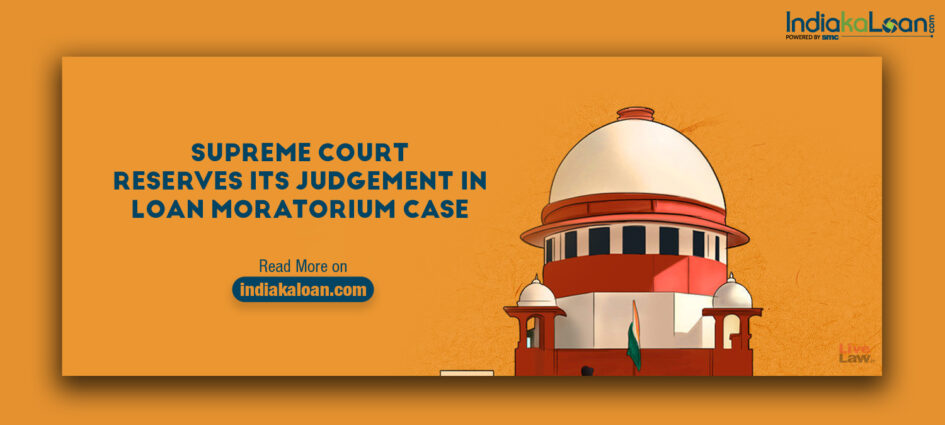Supreme Court has reserved its verdict on pleas related to the extension of loan moratorium period. These pleas were filed because banks levied interest on EMIs which have not been cleared by the borrowers after they have availed the loan moratorium scheme of RBI between 1st of March and 31st August because of the COVID-19 pandemic.
It would be worth recounting here that RBI had, in March, announced a moratorium on the repayment of term deposits for three months which was later extended till August 31st. The move was directed towards providing relief to the borrowers at a time when they were reeling under the impact of COVID-19 pandemic. It was expected to allow them more time to pay their EMIs without being classified as NPAs at the time of a global crisis which has led to economic fallout around the world.
It would be interesting to note that the government has stated that if banks are forced to bear the burden of waiving interest under a blanket order it would cost them a whopping ₹6 lakh crores that would make most of them unviable.
Solicitor General Tushar Mehta, while arguing the case, has stated that the pleas made by specific sectors cannot be entertained under Article 13 of the Disaster Management Act (DMA), which has provision for relief in loan repayments during disasters of severe magnitude.
However, there are others who have raised concerns that the compound interest waiver is limited only to loans smaller than ₹2 crore and this would do nothing to bring respite to corporate houses that have opted for loans much higher than this amount.
Senior advocate Ravindra Srivastava, representing the case on behalf of Chattisgarh industry bodies, has argued that in cases like this National Disaster Management Authority (NDMA) should have played its role rather than putting the ball in the banks court.
Srivastava further argues that government and the Reserve Bank of India (RBI) also needs to justify that from where have they arrived at the figure of 2 crores which goes against those who do not meet it.
On hearing the arguments of all the parties the apex court has reserved its judgement on pleas related to the extension of loan moratorium period.


Leave a Reply